 “It is no longer a question of if we will need to colonize other planets, but a question of when,” says Alexandra Radlińska, assistant professor of civil engineering at Penn State University.
“It is no longer a question of if we will need to colonize other planets, but a question of when,” says Alexandra Radlińska, assistant professor of civil engineering at Penn State University.
In order to give future space colonists a “concrete advantage,” Penn State researchers are collaborating with astronauts onboard the International Space Station (ISS) to study concrete in microgravity.
Concrete is strong and durable enough to offer protection from meteorites and cosmic radiation.
What’s more, it may actually be possible to make concrete from materials that are already available on other planets, including Mars.
In order to take advantage of concrete’s potential for use in infrastructure on other planets, the research team is studying how cement, an important ingredient in concrete, solidifies when it’s not subject to gravity.
Once the team has a better understanding of how traditional, Earth-based cement solidifies in microgravity, they’ll begin exploring how to create concrete using materials indigenous to Mars.
Ultimately, the results of these studies could help determine how to create habitable structures on Mars and other planets.
The research has Earthbound implications, too. Studying the solidification of cement could help improve the environmental sustainability of Earth-manufactured concrete. Concrete is the most widely used building material on the planet—with 10 billion tons produced each year—meaning that even small improvements in its manufacturing process can have a major impact.
If you’re looking for high-quality concrete here on Earth, look no further than Bergen Mobile Concrete. We’ve been delivering concrete to customers throughout Northern New Jersey using metered mobile mixers since 1990. Call us today at (201) 797-7550 to learn more.
